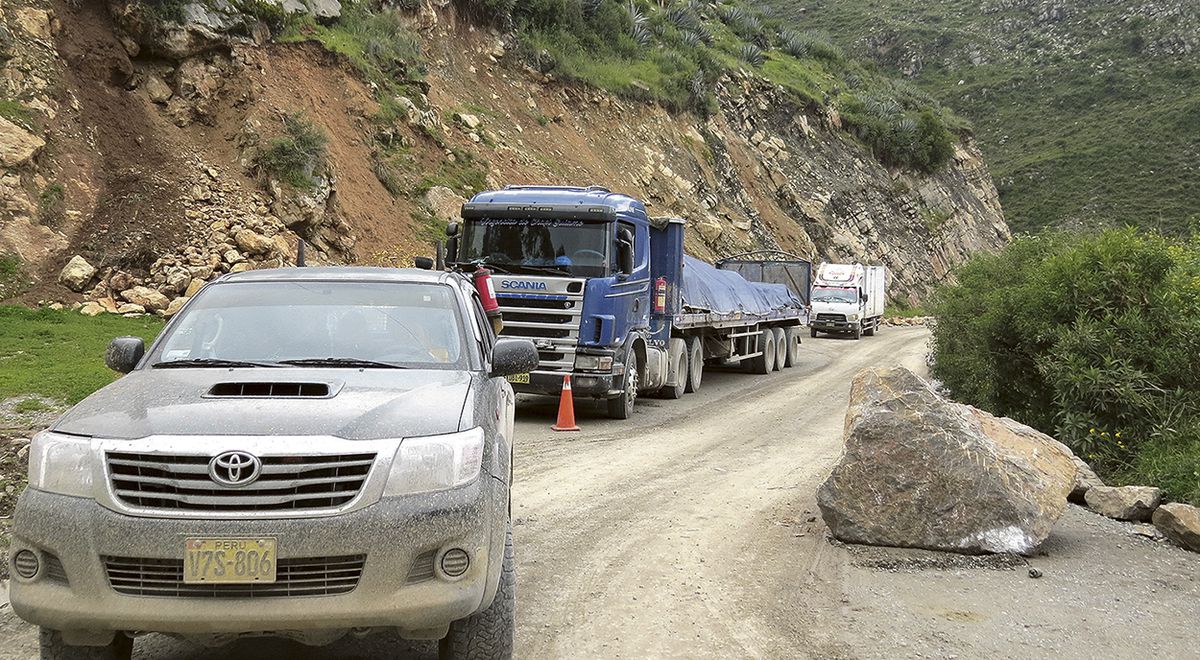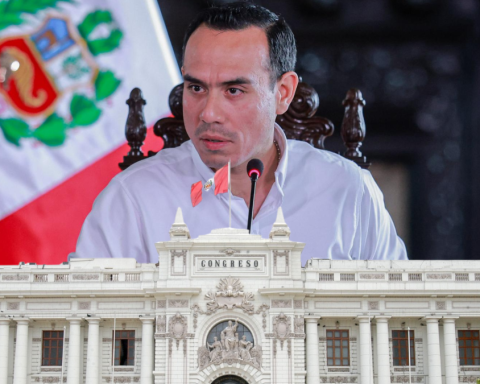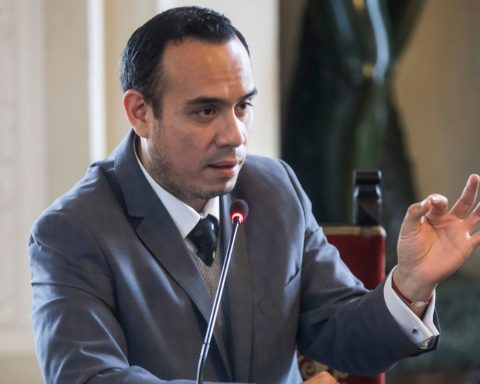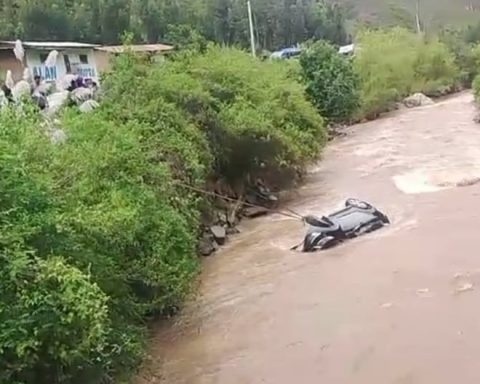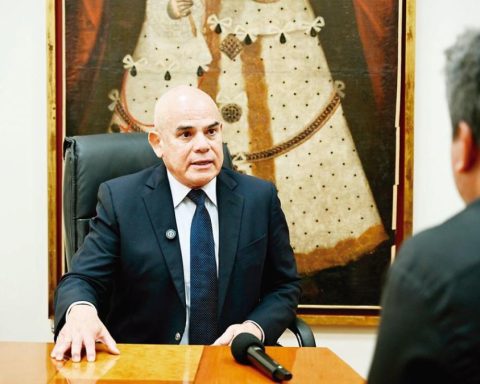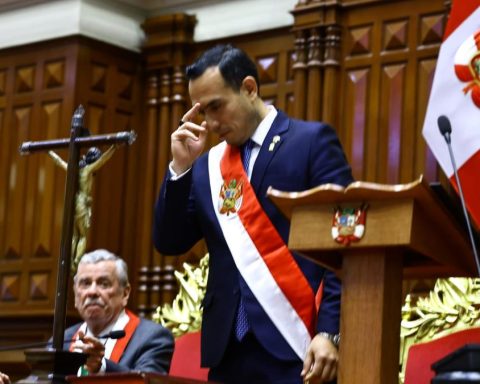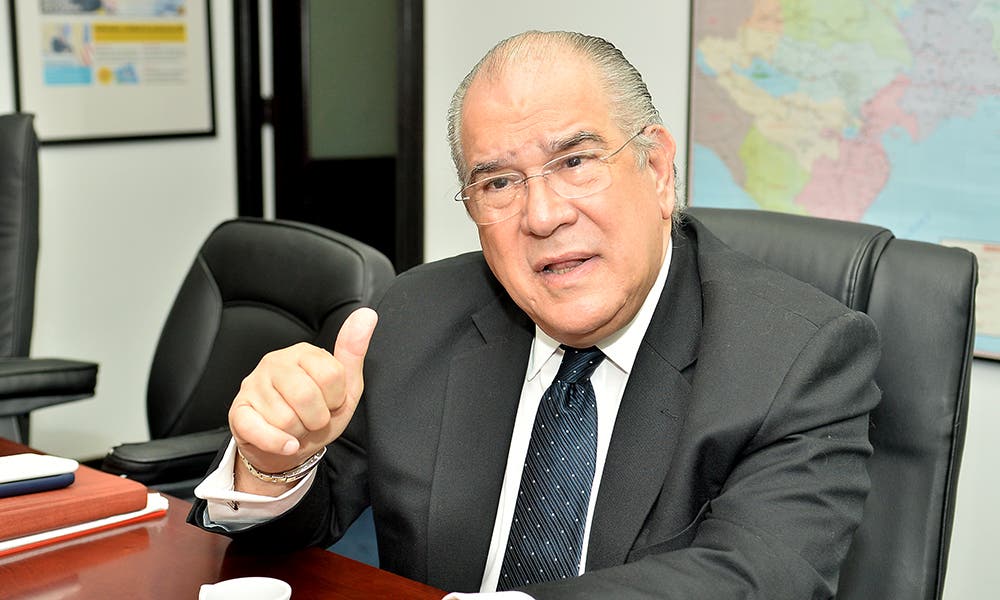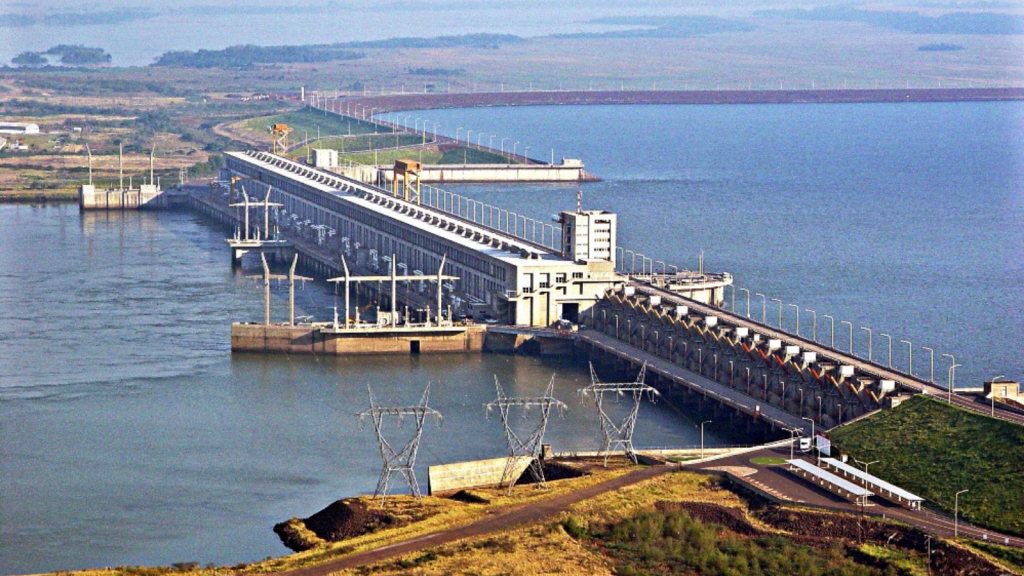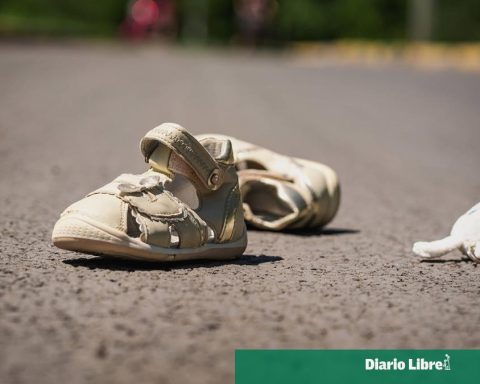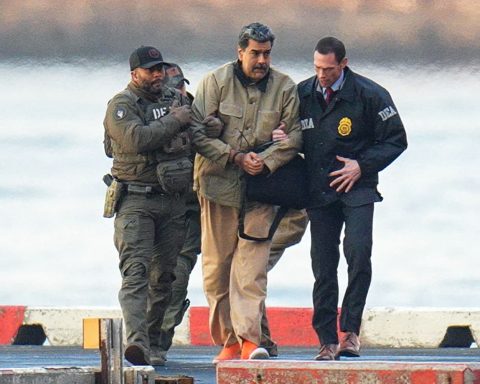The truce achieved by the new head of the ministerial cabinet, Aníbal Torres, is not the first to be achieved in the southern mining corridor. Rather, it is the sixth in the first six months of the current government of peter castlein the attempt to resolve the permanent social conflicts.
Although Torres got restart the dialogue and free the path by which the Las Bambas mining company transports its minerals, the last Sunday, the threat that the conflicts will reignite is constant, even more so with the history of momentary and unsustainable truces.
Before Aníbal Torres, they could not solve the conflict former premier Guido Bellido and Mirtha Vásquez. The chronology of this cyclical conflict dates back to 2018, when the local roads of Chumbivilcas were reclassified as a national road to be part of the southern mining corridor, without prior consultation or consent of the Cusco communities, through Ministerial Resolution No. 372. However, if we go back to the last year, the strike began on July 23 of last year, days before Pedro Castillo took office.
YOU CAN SEE: Ccapacmarca unlocks mining corridor and gives a 45-day truce
When Bellido assumed the premiership, he arrived on horseback to the Muyoq Orcco area, where he promised to solve the demands in 60 days. The first truce did not last even two weeks, The community members accused Bellido of failing to meet the deadlines set to install the work tables and not answering their calls anymore. So they decided to restart the protests and Bellido had to return at the end of August to calm the spirits of his countrymen.
After comings and goings, Bellido left the position of premier and the conflict without a solution. Mirtha Vasquez assumed the Presidency of the Council of Ministers in the midst of the blockade and, worse yet, with the announcement of the cessation of operations at Las Bambas. In December of last year achieved a humanitarian truce after a virtual meeting in the Regional Government of Cuscobut the Collana community persisted with the strike and the road was not released.
Vásquez obtained a new truce and the restart of the mining operations on December 30, 2021. However, that day a new conflict was born. Six communities abandoned the dialogue as they did not agree with the minutes. Ccapacmarca, Huascamba, Tahuay and Sayhua They decided to insist on being considered as direct influence of Las Bambas and that RM No. 372 be repealed, which is why they blocked the mining corridor on January 27 of this year. They unlocked it yesterday, but how long this new truce will hold is unknown.
They resume operations
Since yesterday the mining corridor has been unblocked, but the reestablishment of the transfer of concentrate from Las Bambas would take a few days. At the moment, the transfer of personnel and the supply of supplies have already begun. The secretary of the mining workers, Erick Ramos, hopes that the solution will be sustainable and the operations of The Bambas don’t stop again.
Likewise, the president of the Cusco Chamber of Commerce, Edy Cuellar, said that he hopes that “it will not be more of the same”, since the image of Cusco as an investment destination would be affected by the conflicts, in addition to the economic damage to the country. He highlighted that Torres’ response has been faster than that of his predecessors.
Other conflicts
The collana community, located in the district of Velille (Chumbivilcas), also threatens to block the mining corridor. According to its president, Daniel Collque, if the PCM does not attend to their claim, they will have to take possession of their territories (of the mining corridor).
He assures that his demands are different because his community has more kilometers where Las Bambas passes.
YOU CAN SEE: Cusco: councilors of the district of Santiago receive threats
Discord between Cusco and Apurimac
Through a pronouncement, the Regional Government of Apurimac He severely questioned the agreements reached between the PCM and the Cusco communities of Ccapacmarca. “We strongly reject the claim of the four communities of Ccapacmarca to be a direct area of influence of the Las Bambas mining project and we express our concern about the false expectations generated by the PCM by not specifying that said request does not comply with the legal framework of the Law of Canon and Mining Royalties”, says the document.
He asked the PCM for a meeting with the Apurimeña authorities to listen to their position regarding the social conflict.
